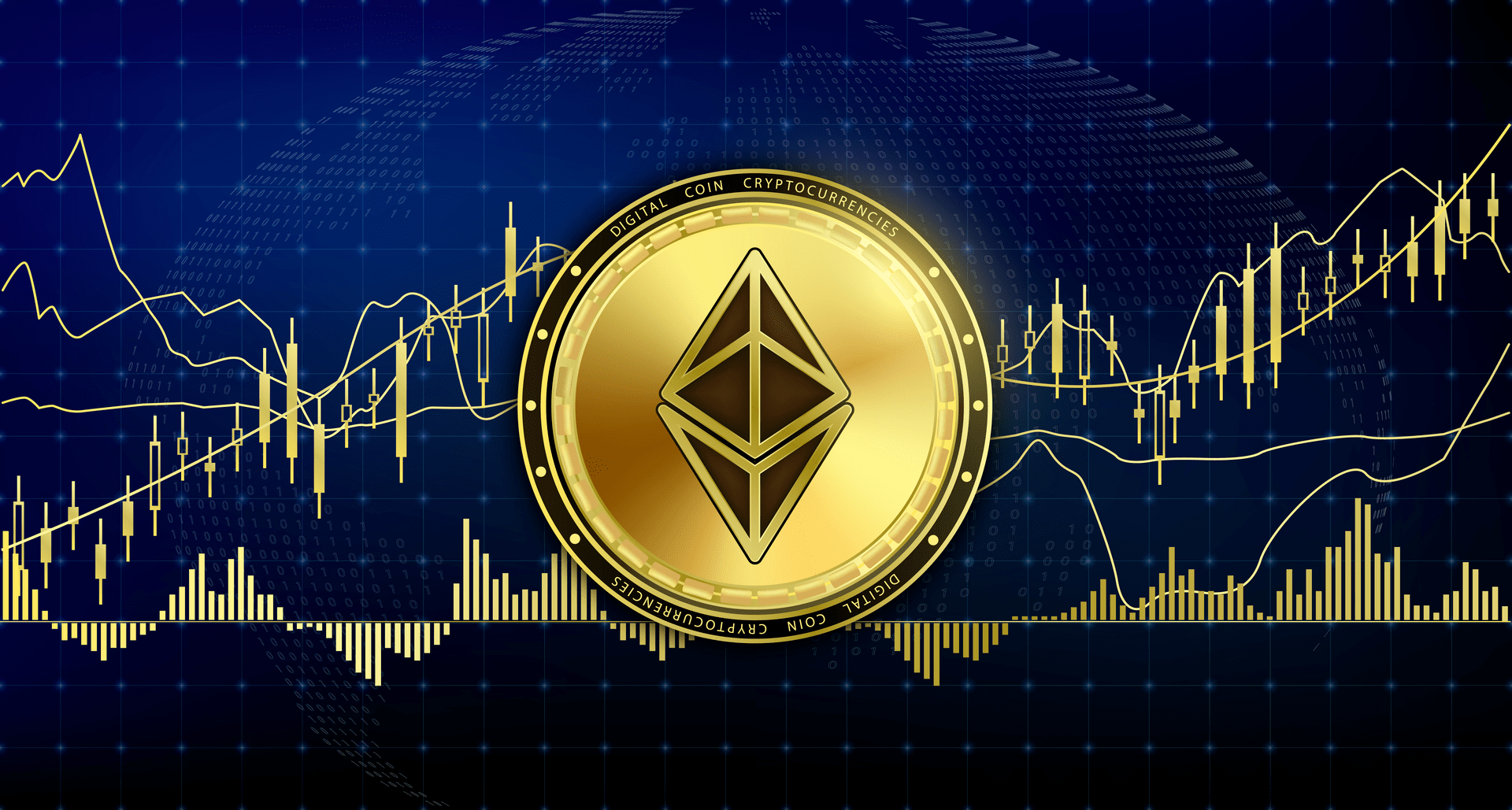
Altcoins, or alternative coins, are cryptocurrencies other than bitcoin. This means that altcoins are not another form of bitcoin, and may or may not follow the fundamental structure that bitcoin is based on. Altcoins are also comparatively cheaper than bitcoin, and may have been created to solve other real-world issues. To date, tens of thousands of altcoins have been created, and many of them have been created thanks to Ethereum’s code.
What is Litecoin (LTC)
Litecoin was created to complement Bitcoin, and is also traditionally known fondly as ‘the silver to bitcoin’s gold’. Litecoin was created using Bitcoin’s open-source code, with a few tweaks to modify the cryptocurrency, including these important features:
Block creation time of Litecoin is faster than that of Bitcoin. Instead of taking 10 minutes to create a new block, Litecoin takes 4 times less. This means that transactions are 4 times faster if we use Litecoin.
Unlike Bitcoin, which requires specialised and expensive hardware designing for mining, Litecoin can be mined using normal computers, meaning that a larger group of people have a chance to possess newly minted LTC. This not only makes Litecoin more accessible to a larger group of people, it also means that there is a lower chance of large companies monopolising the network.
Litecoin transactions are also historically cheaper than bitcoin’s, making it more commercially viable for everyday use. Litecoin is potentially superior in being adopted by the mainstream, although Bitcoin is still the most popular cryptocurrency to date. Of course, Litecoin and Ethereum are also currently considered speculative assets, and here’s how you can start building your cryptocurrency portfolio.
What is Ethereum (ETH)
Ethereum is the second-largest cryptocurrency by total market capitalisation at $211.2 billion (as of February 2021), and there’s even a debate to relinquish Ethereum’s label as an altcoin, given its importance in the crypto space.
Unlike Bitcoin, Ethereum was not designed to be a currency for transactions. Instead, it is a software platform that enables smart contracts to be built and run without interference from a third party, with a native token called Ether (ETH) and gwei, the gas . Smart contracts are lines of code that execute ‘if-then’ functions. Some real-world applications of smart contracts include: Insurance Payouts, Loans, Identity Management, Employment contracts and Patent and Royalty contracts. Smart contracts are useful as they are transparent, time-efficient, precise, secure, and cost-effective. However, since these codes are created by humans, they are still subjected to human error.
When smart contracts are coded on Ethereum, they are tamper-proof and public. Just like with bitcoin transactions, no one can renege on their deal once the contract is put on the network. Each and every node receives a copy and the code is executed when criteria set are met. This makes it tamper-proof, without the parties needing to trust each other to hold their end of the deal.
Because Ethereum is open-source and decentralised, it allows developers to build, modify and publish their own applications. Anyone can write a smart contract and deploy it to the network with ETH. Every programme that runs on the Ethereum platform needs to use some processing power. The more complicated the code, the more processing power it needs to execute. To prevent the network from bloating with unnecessary contracts, each smart contract requires a gas fee, in the form of Ether. The more complex the contract, the more gas fees it will incur. You can also increase the amount of gas paid to ensure that your transactions are given priority.
Ethereum’s platform is also powering Microsoft’s venture into cryptocurrency with ConsenSys, as well as Visa’s global payments network to USDC developed on the Ethereum blockchain.






